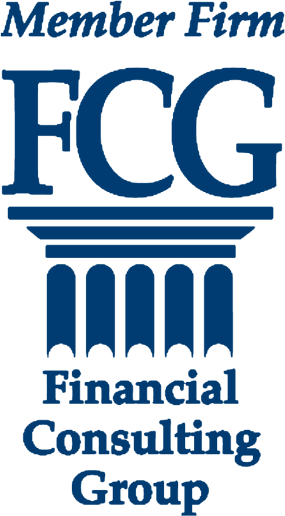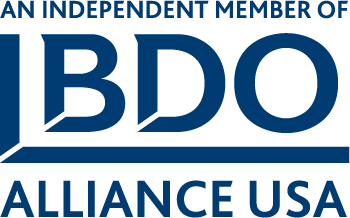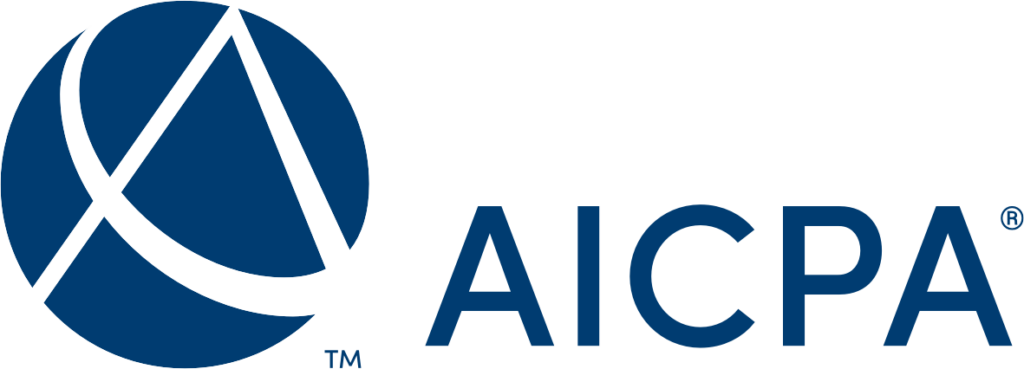With schools hopefully resuming this fall, parents and students should look into tax credits that can help with the cost of higher education. Credits reduce the amount of tax someone owes on their tax return. If the credit reduces tax to less than zero, the taxpayer may receive a refund.
There are two credits available to help taxpayers offset the costs of higher education. The American opportunity tax credit (AOTC) and the lifetime learning credit (LLC) may reduce the amount of income tax owed. Taxpayers who pay for higher education in 2020 can see these tax savings when they file their tax returns next year.
The American opportunity tax credit is:
- Worth a maximum benefit up to $2,500 per eligible student.
- Only for the first four years at an eligible college or vocational school.
- For students pursuing a degree or other recognized education credential.
- Partially refundable. This means if the credit brings the amount of tax owed to zero, 40 percent of any remaining amount of the credit, up to $1,000, is refundable.
The lifetime learning credit is:
- Worth a maximum benefit up to $2,000 per tax return, per year, no matter how many students qualify.
- Available for all years of postsecondary education and for courses to acquire or improve job skills.
- Available for an unlimited number of tax years.
To be eligible to claim the American opportunity tax credit, or the lifetime learning credit, a taxpayer or a dependent must receive a Form 1098-T from an eligible educational institution.
In general, qualified tuition and related expenses for the education tax credits include tuition and required fees for the enrollment or attendance at eligible post-secondary educational institutions (including colleges, universities and trade schools). The expenses paid during the tax year must be for: an academic period that begins in the same tax year or an academic period that begins in the first three months of the following tax year. For the AOTC but not the LLC, qualified tuition and related expenses include amounts paid for books, supplies and equipment needed for a course of study.
The following expenses do not qualify for the AOTC or the LLC:
- Room and board
- Transportation
- Insurance
- Medical expenses
- Student fees, unless required as a condition of enrollment or attendance
- Expenses paid with tax-free educational assistance
- Expenses used for any other tax deduction, credit or educational benefit
As always, contact the Crosslin tax team with any questions. We are here to help!







